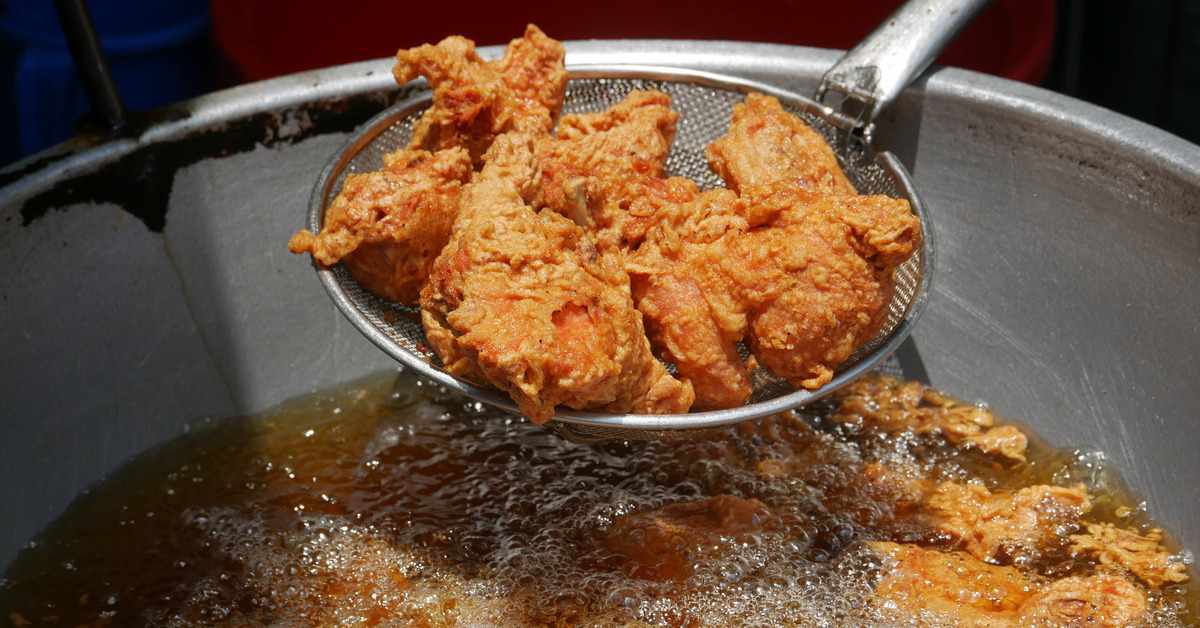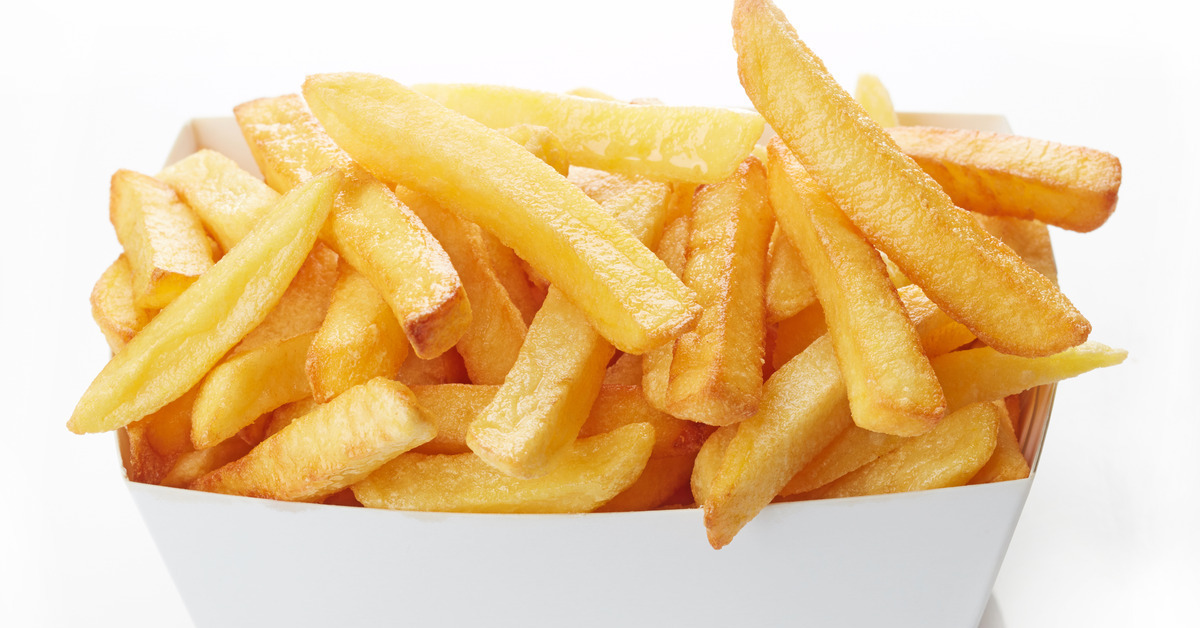How To Use Catering Boxes With Fried Foods
Delivering fried foods for catering events presents unique challenges, especially when it comes to maintaining texture, heat, and presentation. Without proper packaging, fried items can lose their crispiness or become soggy and leave customers disappointed. Catering boxes are essential for presenting fried foods in the best possible condition while keeping them warm and ready to serve. Read on to learn how to use catering boxes with fried foods.
Choose the Right Size for Your Fried Foods
One common mistake in packaging fried foods is selecting a box that’s too large or too small. A box that’s too large leaves room for food to move around, which can cause items to get damaged or lose their crispness. A box that’s too small, however, doesn’t allow for proper air circulation, leading to steam buildup. Measure portion sizes and match them to the ideal box size for a secure fit. This approach ensures the fried food stays intact and presents beautifully.
Use Ventilated Catering Boxes
Fried foods require ventilation to stay crispy. Closed boxes trap steam, which makes food soggy. Ventilated boxes allow excess steam to escape, preserving the texture and freshness of fried items. Look for boxes with pre-punched holes or breathable flaps specifically designed to keep fried foods crispy. Proper ventilation also controls moisture, enhancing the overall dining experience for your customers.
Opt for Grease-Resistant Boxes

Not all catering boxes are suitable for fried foods. Grease-resistant boxes have a coating that prevents oil from seeping through, keeping the packaging intact and preventing leaks. This type of box keeps your fried foods looking neat and makes for a cleaner, more pleasant experience for the customer. Using grease-resistant boxes also enhances the visual appeal, as it prevents oil stains that can make food look unappetizing.
Stack Food Carefully To Prevent Crushing
Stacking fried foods too high can cause the bottom layer to become soggy from the weight above. Avoid stacking too many pieces on top of each other, especially with delicate items such as fish sticks or tempura. If you need to stack, place a thin layer of parchment paper between layers to create separation. This simple step ensures that each piece maintains its integrity and texture.
Keep Temperature in Mind
Temperature plays a crucial role in maintaining fried food quality. Pack foods while they’re still hot, but avoid packing piping hot to prevent steam buildup. Use catering boxes that provide insulation to retain heat without trapping steam. If possible, consider using heat packs or insulated carriers to extend warmth during transport. Maintaining an optimal temperature keeps fried items tasting fresh.
Separate Sauces and Condiments
Sauces and condiments can cause fried foods to become soggy if packaged together. Instead of drizzling sauces directly on fried items, place them in small containers and pack them separately within the catering box. This separation allows customers to add condiments right before eating, which preserves the crispy texture of the fried food. Condiment and topping containers also prevent any potential mess during transport.
Use Boxes With Sturdy Handles
Handling fried food boxes can be tricky, especially with heavy items. Using catering boxes with sturdy handles makes transport easier and minimizes the risk of spills. Look for boxes with secure, reinforced handles that allow for easy carrying. Durable handles also make the packaging feel more premium, which can positively influence customer perceptions of your service.
Place Food in Single Layers When Possible
Organizing fried foods in single layers instead of piling them up prevents the weight from smashing items or ruining their texture. Single layers also promote even heat distribution and better ventilation. For large catering orders, use multiple boxes to keep items in single layers. This extra step may seem less efficient, but it ensures every bite is as crispy and delicious as it was when freshly cooked.
Prioritize Sturdy and Rigid Boxes
Soft or flimsy boxes can collapse under the weight of fried foods, leading to potential messes. Choose sturdy, rigid boxes that hold their shape and offer adequate support for fried foods. Rigid boxes prevent mishaps during transport, providing better presentation and a professional touch to your catering service.
Avoid Overcrowding the Box
Overcrowding limits airflow, leading to steam buildup and sogginess. Leave some space in the box to ensure that hot air can escape, which helps maintain crispiness. Packing fried foods loosely also prevents them from sticking together or getting crushed. Allowing enough room within the catering box for proper airflow is a simple but effective way to keep fried foods in top condition.
Consider Eco-Friendly Packaging Options
Eco-friendly packaging is increasingly popular among consumers. Choose compostable or recyclable boxes to reduce environmental impact while catering fried foods. Many eco-friendly options are also grease-resistant, providing a sustainable solution without sacrificing functionality. Offering eco-conscious packaging aligns with modern values and can enhance your catering business’s appeal to eco-aware customers.
Use Dividers To Separate Different Items
If you’re packaging multiple types of fried foods in one box, use dividers to keep them separated. Dividers prevent different flavors from mixing and preserve the integrity of each item. This technique is particularly useful for mixed fried platters, where you want to keep each type of food apart. Dividers also make it easy for customers to access individual items, which improves the overall dining experience.
Label Boxes Clearly for Efficient Service
Labeling catering boxes clearly is essential for organized service. Include labels for special requests, dietary needs, or item contents to make it easy for customers to find what they ordered. Clear labeling also enhances the presentation and demonstrates your attention to detail. Labels reduce potential confusion, ensuring a smooth and satisfying experience.
Corrugated Catering Boxes for Sturdiness and Insulation

For fried foods, corrugated catering boxes offer the best combination of sturdiness and insulation. These boxes are highly durable and provide a bit of extra insulation to keep foods warm. The corrugated design also adds ventilation, allowing the packaging to release steam and prevent sogginess. Corrugated catering boxes offer a professional appearance while maintaining the integrity of fried foods during transport, making them ideal for catering fried dishes.
Now that you know how to use catering boxes with fried foods, you can confidently deliver hot, crispy items that retain their quality and appeal. Quality packaging makes all the difference, allowing you to provide a premium experience with every catering order.
Recent Posts
-
Benefits of Windowed Bakery Boxes for Display
Imagine a customer’s eyes lighting up as they spot your stunning pastries through a crystal-clear wi …Jan 15th 2026 -
Plastic vs. Paper Catering Boxes: Which Is Better?
It’s easy to overlook packaging, but it shapes the first impression of your catering business, influ …Jan 15th 2026 -
5 Common Mistakes When Ordering Custom Cups
Custom cups give your bakery or restaurant a professional edge and allow you to promote your brand w …Jan 14th 2026




